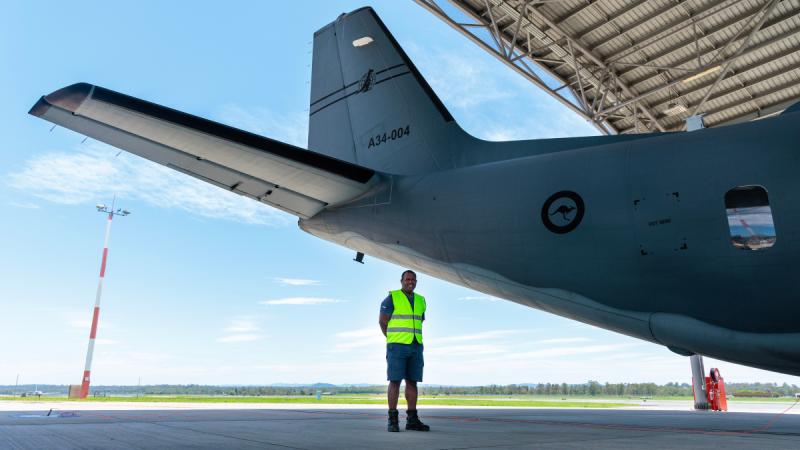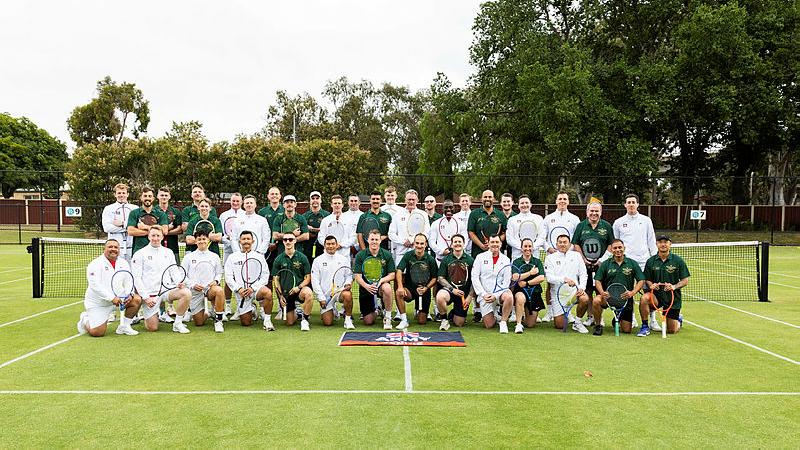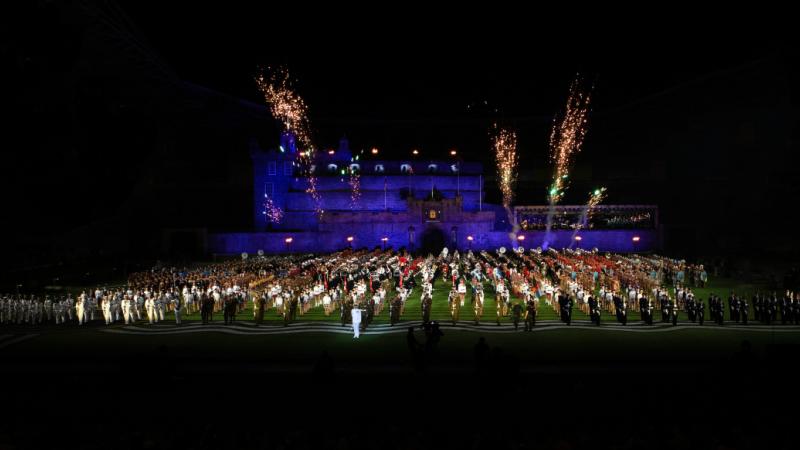19 November 2025
Indo-Pacific Endeavour 2025, Australia’s flagship regional engagement activity, was back in Laos this month for its fourth year sharing knowledge on women, peace and security (WPS), and humanitarian relief and disaster response operations.
Personnel from the Lao People’s Army, Air Force Women’s Union, and officials from the Ministry of Foreign Affairs and Ministry of Labour and Social Welfare attended the two-day knowledge-sharing seminars.
Royal Australian Air Force's Flight Lieutenant Lily Lancaster led a seminar on the globally recognised WPS agenda in Vientiane, Laos.
"The seminar was about learning from, and with, each other on our shared resolution to improve the lives of those impacted by conflict, crisis and displacement, especially women and children,” Flight Lieutenant Lancaster said.
“Together, we work-shopped and discussed its implementation in the military, particularly on humanitarian and disaster relief operations.”
This year marks 25 years since the United Nations Security Council unanimously adopted Resolution 1325 (UNSCR 1325) on Women, Peace and Security.
UNSCR 1325 recognises the disproportionate impact of conflict on women and girls, and affirms the vital role women play in preventing conflict, building peace and supporting recovery efforts.
Flight Lieutenant Lancaster said the morning sessions focused on UNSCR 1325 and the four pillars that underpin it: protection of human rights and dignity; ensuring women’s meaningful participation in decision-making; prevention of violence; and considering the needs of those different to our own through a gender perspective.
"We looked at common things that both Australia and Laos face – such as bushfires and floods – and how we can apply a gender perspective to make sure that our responses to those natural disasters are effective and provide for all members of the community,” she said.
"We discussed how women are not only vulnerable in conflict, with women and children making up the majority of deaths in crisis, but are also active agents of change.
"We know that peace processes are 35 per cent more likely to be effective over 15 years if women have a seat at the table.”
'Success on military operations relies on everybody considering how crisis will impact the societies we operate within. It takes diligence and constant attention.'
Flight Lieutenant Lancaster said it was not just about having women at the negotiating table, but a diverse range of perspectives in order to get the best outcomes for all members of the community.
"We hope one day that a WPS agenda doesn’t have to exist and the needs, vulnerabilities and strengths of women, men, boys and girls will be actively considered,” she said.
Commander Indo-Pacific Endeavour 2025 Brigadier Jennifer Harris gave a commander’s perspective and personal insights to the room.
“Success on military operations relies on everybody considering how crisis will impact the societies we operate within. It takes diligence and constant attention,” Brigadier Harris said.
“Understanding human security must be fundamental to the way we operate. Right at its core, the nature of conflict is human. We cannot operate effectively in an operational environment unless we understand the human terrain. It is only through diversifying perspectives that we will operate effectively.”
Brigadier Harris said progress in changing gender stereotypes required focus and constant vigilance to effect change.
“My experience in the Army has very much been like surfing a wave of change,” she said.
“Change has been at the forefront of my career, and I’ve seen the value of continual adaptation and how increased diversity enhances operational effectiveness.
“I’ll never pretend it is easy. Success is when everybody can thrive and reach their potential.”
Flight Lieutenant Lancaster said it was a privilege to hear the insights of the women and men in the Lao Peoples Armed Forces, how they applied a gender perspective at work, experienced the impact of cultural norms and how the global agenda was driving gender equality.
“Women and men face similar issues all around the world, we all have work to do in this area,” she said.
“When we get together and share our experiences, understanding and knowledge, we take another step toward making the world a safer place for future generations.”


